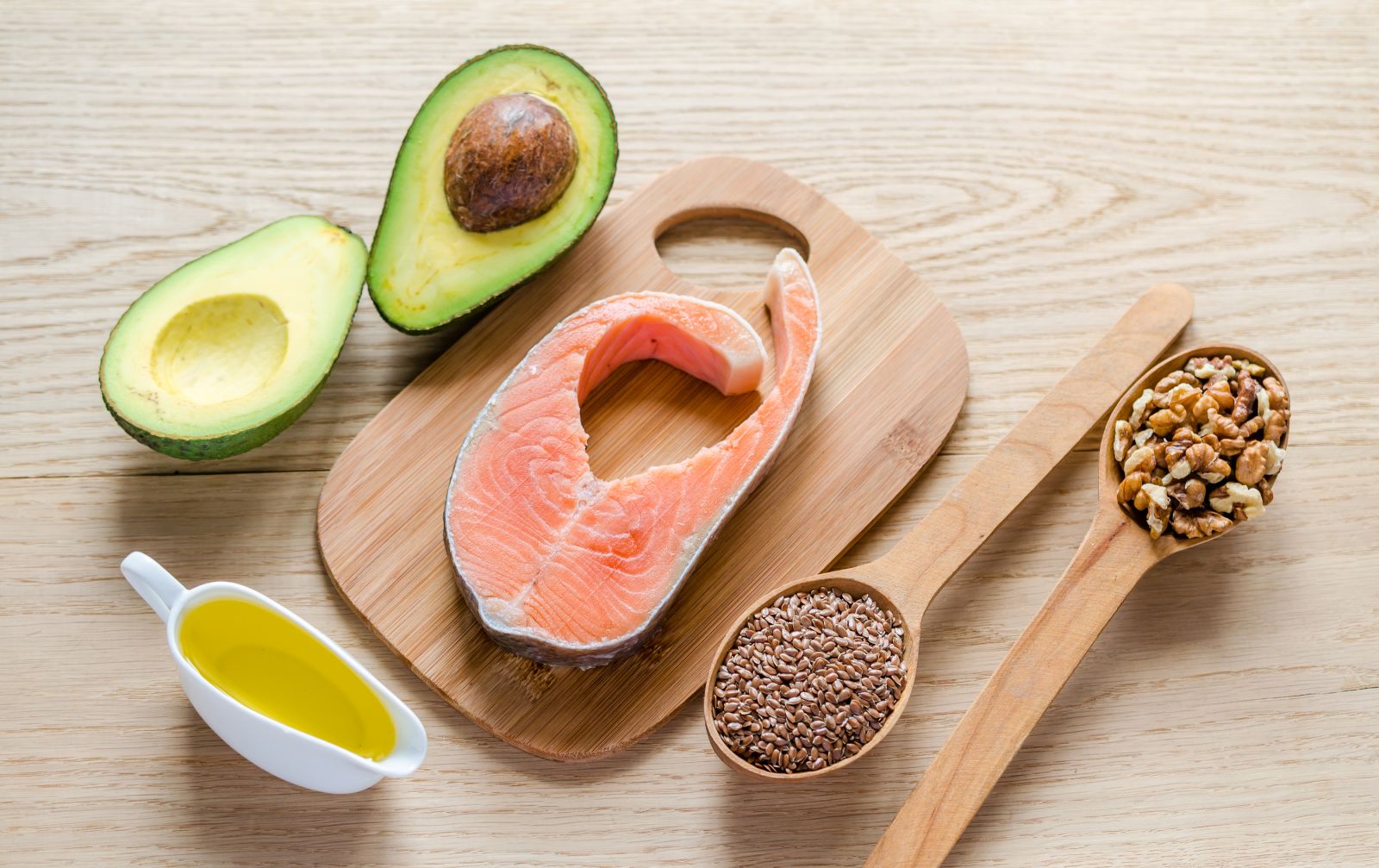One of the reasons I have always been so passionate about nutrition is that it is tied to everything in life. Even things that may seem to have nothing to do with food and nutrition, like rising rates ADHD, is in one way or another linked to diet and eating habits.
Recently, I discussed a book, “Bringing Up Bébé,” with a friend. The book addresses the differences between French parenting and American parenting and cites lower incidences of ADHD there. We also discussed a recent article that shows a link between inadequate fat intake and ADHD in young boys.
The article contains about 40 pages of overflowing medical terminology and statistics that I loved reading. Chief among the facts is that our brains are mainly made up of fat, which makes fat in our diet crucial to healthy brain development. In this study, they delved into the ratio and levels of Omega-6, which can be found in raw nuts, seeds, legumes and unsaturated vegetable oils such as sesame, and Omega-3, which can be found in deep-water fish/flaxseeds/walnuts/etc. They found that modern diets have revealed that “omega-6 to omega-3 ratios in dietary intake have risen from about 1:1 to 2:1 to 20:1”. This is important because another similar study reported that when “comparing 35 young adults males with ADHD with healthy controls, and found that the ADHD group had a higher total omega-6/omega-3 ratio”.
So what does this all mean? Try to incorporate healthy sources of fats into your own and your children’s diet while making sure to eat a variety of food rather than just sticking to a couple sources of fat. Some healthy sources of fat are dairy products, flax seeds, chia seeds, olive oil, avocado, salmon, halibut, swordfish, walnuts, almonds, pistachios and many other foods! Incorporating fat into your diet will not make you fat if the portion size is correct. It is an important part of everyone’s diet and shouldn’t be feared! Stayed tuned for additional research to come out on this topic!


